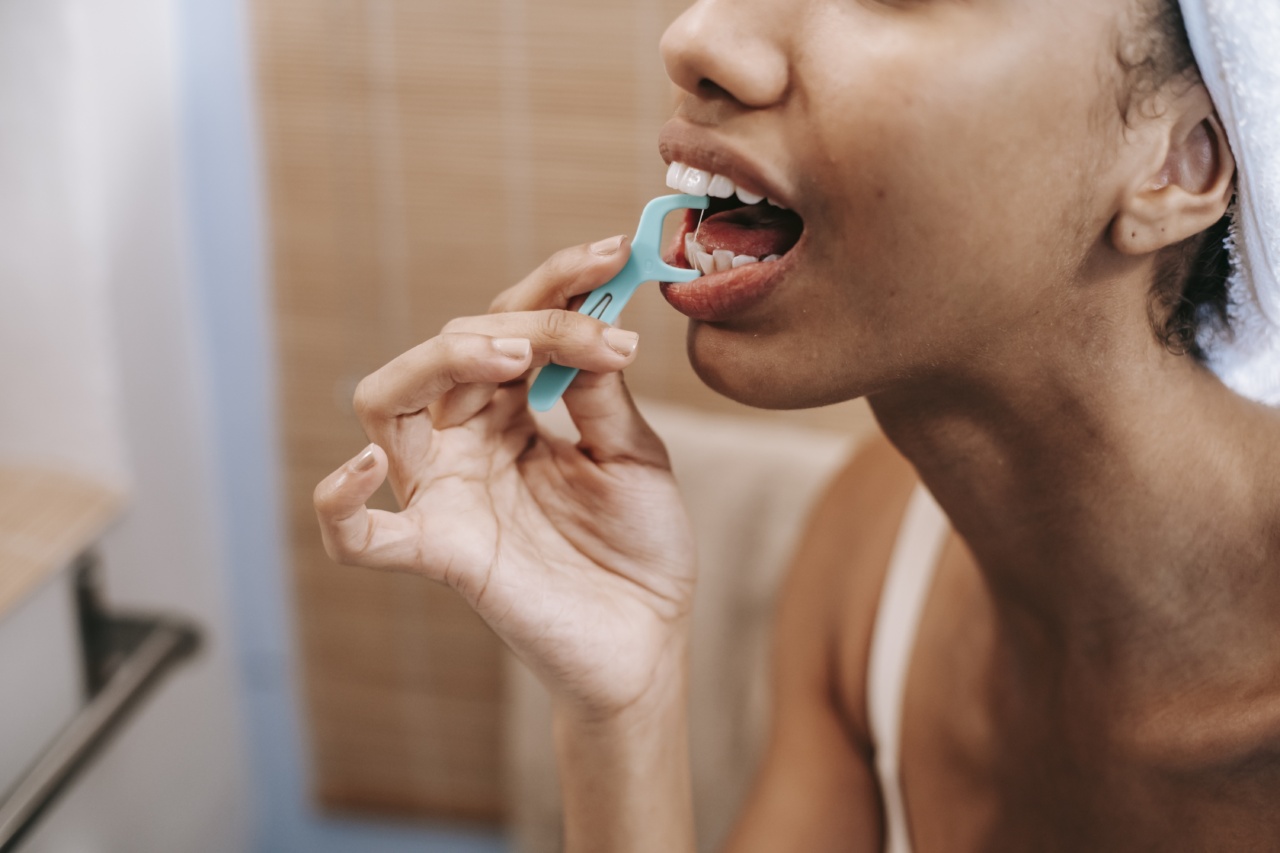Your brain is one of the most vital organs in your body, responsible for controlling your thoughts, emotions, movements, and more. As you age, it’s natural for certain cognitive abilities to decline.
However, adopting healthy habits can slow down this process and keep your brain functioning at its best. In this article, we will discuss ten healthy habits that can help you maintain a youthful brain.
1. Regular Exercise
Physical activity is not only beneficial for your body but also for your brain. Engaging in regular exercise increases blood flow to the brain, delivering more oxygen and nutrients, which enhances cognitive function.
It also promotes the growth of new neurons, improving memory and learning. Aim for at least 30 minutes of moderate-intensity exercise most days of the week.
2. Mental Stimulation
Keeping your brain active and engaged is crucial for maintaining its youthful function. Challenge your mind by learning new skills, solving puzzles, playing instruments, or engaging in thought-provoking conversations.
These activities stimulate the formation of new neural connections and improve overall cognitive performance.
3. Balanced Diet
Your brain needs proper nutrition to function optimally. Incorporate a variety of fruits, vegetables, whole grains, lean proteins, and healthy fats into your diet.
Certain foods, like blueberries, walnuts, and dark chocolate, are rich in antioxidants and nutrients that support brain health. Avoid excessive consumption of processed foods, sugary drinks, and saturated fats, as they can impair cognitive function over time.
4. Quality Sleep
Sleep plays a vital role in consolidating memories and promoting overall brain health. Aim for 7-8 hours of quality sleep each night.
Create a relaxing bedtime routine, ensure your sleeping environment is conducive to rest, and minimize exposure to electronic devices before bed. If you struggle with sleep, consider practicing relaxation techniques or consulting with a healthcare professional.
5. Stress Management
Chronic stress can have detrimental effects on the brain, leading to memory problems and cognitive decline. Practice stress management techniques like meditation, deep breathing exercises, yoga, or engaging in hobbies that you enjoy.
Finding healthy coping mechanisms for stress can greatly contribute to a more youthful brain.
6. Social Connection
Engaging in regular social activities is not only enjoyable but also beneficial for your brain health. Social interaction stimulates the brain, improves mood, and may lower the risk of cognitive decline.
Connect with friends, join clubs or groups with similar interests, volunteer, or participate in community events to nurture your social connections.
7. Avoid Smoking and Excessive Alcohol Consumption
Smoking and excessive alcohol consumption can have severe negative effects on your brain health. Smoking restricts blood flow to the brain, depriving it of oxygen and increasing the risk of cognitive decline.
Excessive alcohol consumption damages brain cells and impairs memory and cognitive function. Quitting smoking and drinking in moderation or avoiding it altogether is crucial for maintaining a youthful brain.
8. Stay Hydrated
Proper hydration is essential for the optimal functioning of your brain. Dehydration can impair cognitive performance, memory, and focus.
Make sure to drink an adequate amount of water throughout the day to keep your brain hydrated and functioning at its best.
9. Regular Brain Exercises
Just like physical exercise, specific mental exercises can help maintain the youthfulness of your brain. Engage in activities such as crossword puzzles, Sudoku, memory games, or brain training apps to keep your mind sharp and agile.
These exercises challenge different cognitive skills and promote brain plasticity.
10. Protect Your Head
Head injuries can have a significant impact on your brain health, increasing the risk of cognitive decline and neurodegenerative diseases. Protect your head by wearing helmets during high-risk activities like biking or skating.
Additionally, take precautions to prevent falls, such as using handrails and non-slip mats.
Conclusion
By adopting healthy habits, you can maintain a more youthful brain as you age.
Regular exercise, mental stimulation, balanced nutrition, quality sleep, stress management, social connection, avoidance of smoking and excessive alcohol consumption, proper hydration, regular brain exercises, and protecting your head are all key factors in preserving cognitive function. Prioritize these habits, and your brain will thank you with improved memory, sharper thinking, and enhanced overall cognitive performance.






























